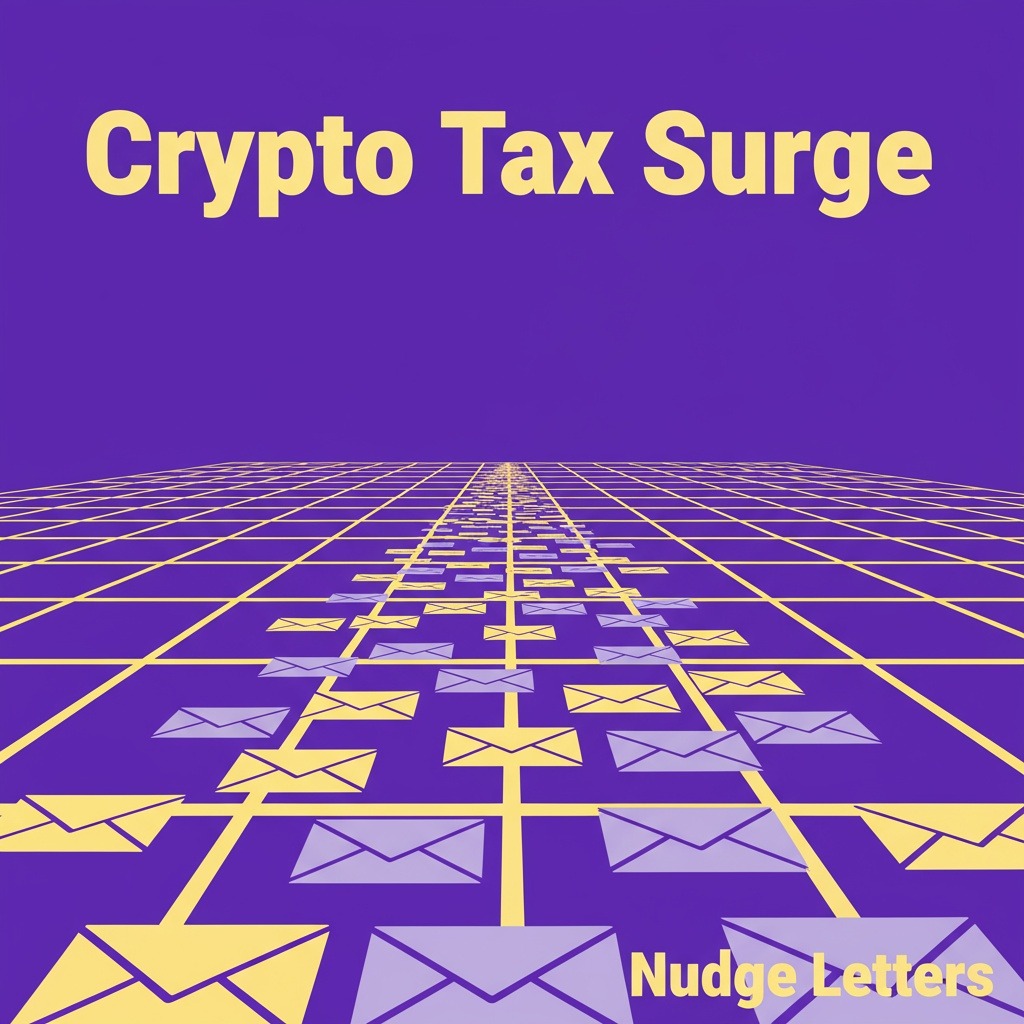The UK tax agency, HM Revenue & Customs (HMRC), has significantly increased its efforts to ensure tax compliance among cryptocurrency investors by doubling the number of warning letters issued for suspected underreported or unpaid crypto gains.
According to data obtained by the Financial Times through a Freedom of Information request, HMRC sent nearly 65,000 so-called “nudge letters” during the 2024–25 tax year. This figure represents a substantial rise from approximately 27,700 letters distributed in the previous year. These letters serve as informal notices intended to encourage recipients to review and amend their tax returns voluntarily before any formal investigations or enforcement actions take place.
The surge in warning letters highlights HMRC’s intensified focus on digital asset taxation in response to the expanding crypto market in the UK. Over the last four years, the agency has dispatched over 100,000 such communications, with a marked acceleration coinciding with a rise in both crypto adoption and asset valuations.
The growing interest in cryptocurrencies across the UK is evident. The Financial Conduct Authority (FCA) estimates that around seven million British adults currently hold crypto assets. This figure has almost doubled since 2022 when roughly 5 million people were investors, and it is a significant jump from the 2.2 million recorded in 2021. The increase in user numbers has brought more focus to the intricacies of crypto tax regulation.
“The tax treatment of cryptocurrency transactions is complex, especially since activities such as swapping one coin for another can trigger capital gains tax liabilities,” said Neela Chauhan, a partner at accounting firm UHY Hacker Young, which filed the FOI request.
HMRC’s ability to monitor crypto transactions has improved sharply in recent years. It now obtains detailed transaction data directly from major UK crypto exchanges. Furthermore, with the rollout of the Organisation for Economic Co-operation and Development (OECD)’s Crypto-Assets Reporting Framework (CARF) planned for 2026, HMRC will gain automatic access to crypto transaction data from global platforms, further enhancing its oversight capabilities.
Internationally, similar regulatory attention is being directed toward cryptocurrency taxation. In the United States, lawmakers have begun discussing potential reforms that could introduce exemptions for small crypto transactions and clarify taxation of staking rewards. During a recent Senate Finance Committee hearing, participants debated the tax implications of routine crypto payments and the appropriate classification of income derived from staking. Coinbase’s tax vice president, Lawrence Zlatkin, advocated for a de minimis exemption for transactions under $300 to ease compliance burdens.
In Asia, South Korea’s National Tax Service (NTS) has also stepped up enforcement, warning that crypto assets held in cold wallets linked to unpaid taxes may be subject to seizure, demonstrating a global trend toward stricter regulatory scrutiny of digital assets.
HMRC’s recently expanded issuance of nudge letters underlines the UK government’s commitment to enhancing crypto tax compliance amid increasing adoption and evolving market dynamics. Crypto holders and traders are advised to carefully review reporting obligations to avoid potential penalties as tax authorities worldwide tighten regulations.



